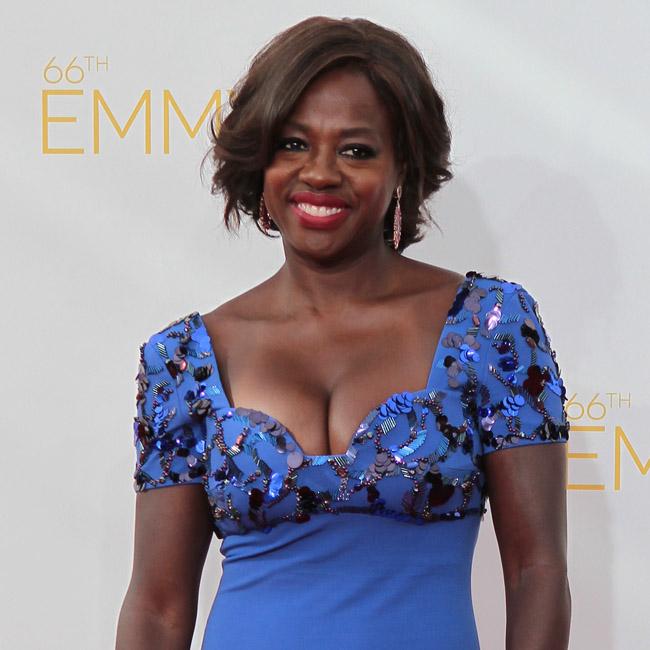Viola Davis has clarified she did not buy her childhood home.
The ‘Fences’ star posted a picture of the house she was born in on social media this week to mark her 55th birthday, and in her post, she seemed to insinuate she now "owns" the property and the land surrounding it.
She wrote at the time: "The above is the house where I was born August 11, 1965. It is the birthplace of my story. Today on my 55th year of life….I own it….all of it. (sic)"
However, Viola has now insisted she didn’t mean to claim she owns the house, but instead simply meant she owns her "story".
Clarifying her words in the comments under her original post, she wrote: "Uhh….contrary to websites…I do not ‘own’ above house,I ‘own’ my STORY!! Too abstract I guess (sic)"
It was claimed by TMZ earlier this week that Viola had purchased the childhood home, which was built on the site of a former plantation, which would have been inhabited by slaves.
Viola previously spoke about the house she was born in back in 2016, when she said the property was a one-room shack, without a bathroom or running water.
The actress says she didn’t live in the house for long, but came back to visit over the years as she grew up.
Meanwhile, the ‘How to Get Away with Murder’ star recently said she feels as though her "entire life" has been a protest, in the wake of the ongoing Black Lives Matter protests.
She said: "I feel like my entire life has been a protest.
"My production company is my protest. Me not wearing a wig at the Oscars in 2012 was my protest. It is a part of my voice, just like introducing myself to you and saying, ‘Hello, my name is Viola Davis.’ "
Viola was keen to protest against the recent death of George Floyd – which ignited the BLM protests – but due to the coronavirus pandemic, she felt "isolated" from the movement as she wasn’t able to go out and protest straight away.
She added: "This was our civil rights movement, and we were sidelined because of health issues. We felt isolated from the movement."

